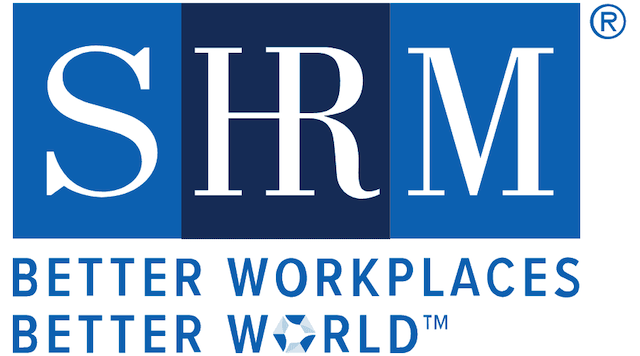Whether training employees for succession planning purposes, bolstering a career development program, or helping to improve new senior managers, supporting your emerging leaders can make your organization more successful. While not every employee may have been born with the innate ability to lead, the hard and soft skills required to be a great leader can be learned.
Here’s what you need to know about emerging leaders.
What Is an Emerging Leader?
Emerging leaders are high-potential professionals early in their careers. These individuals are aspirational and energetic in their approaches to their careers. They already have many of the qualities of a leader without being in a leadership role. The “emerging leaders” term is used to imply that the individuals’ apparent leadership qualities show themselves, as opposed to those which need to be unearthed.
 Qualities of an emerging leader
Qualities of an emerging leader
Emerging leaders share many characteristics. This list is not exhaustive.
- Self-motivated
- Influential
- Creative
- Resilience
- Autonomous
- Determined
- Teachable
- Curious
- Collaborative
- Strategic
- Self-aware
- Inspirational
How Do You Identify Future Leaders in an Organization?
These beginning leaders are typically high achievers who are extremely knowledgeable in their area of business and who regularly out-perform their peers. However, at times, individuals who have the necessary characteristics may not identify themselves as potential leaders. Knowing how to identify the traits of an emerging leader can help you develop those individuals.
Observe the members of your team who stand out as problem-solvers, who present unique perspectives and ideas, and who aren’t afraid to take risks. Meeting regularly with your employees one-on-one will help you to understand their motivations and goals. Don’t wait until review periods to assess or discover your employees’ potential.
 Why Are Emerging Leaders Important?
Why Are Emerging Leaders Important?
Developing early leaders can help your organization in multiple ways.
- Succession planning: Starting leadership development early helps to create senior management with the core values of the organization and existing knowledge of the company’s products, services, and practices. When creating a succession plan, you’ll have strong leaders ready to take on roles at a higher level.
- Employee engagement: Investing in emerging leaders demonstrates your organization’s interest in your employees’ futures. It also shows your workforce that you want your employees to have long careers with your company.
- Retention: When employees know they’ll be supported in their career growth with your organization, and that you favor hiring leaders from within, they’re more likely to stay.
What Is the Purpose of an Emerging Leaders Program?
An emerging leaders program will help nurture and develop leaders within an organization. An effective program will provide expert career coaching that offers a foundation and tools to build confident and compassionate leaders that will guide your workforce and organization to success.
Elements of a successful emerging leaders program:
- Assessments to understand the employee’s leadership traits and skills
- Coaching to help maximize strengths and navigate gaps to move important goals, strategies, and relationships forward
- Coaching to help the emerging leader understand the strengths and weaknesses across their team, so that they can appropriately motivate and reward them
- Coaching on how to engage in difficult conversations and set expectations for employees
- Coaching for resilience and leading in times of change
- Suggestions for additional courses, modules, and reading
Understanding How to Support Emerging Leaders
Knowing how to identify and support emerging leaders in your organization will help both your employees and your company as a whole. Contact INTOO today to learn about our Emerging Leaders coaching program, and other programs to strengthen your entire workforce. INTOO’s coaches help employees in every stage of their career develop strategies to meet their goals, while employers reap the benefits of increased engagement, productivity, and retention. Learn more about how our career development programs can benefit your company.
Robyn Kern is a seasoned business writer who has written in the HR, education, technology, and nonprofit spaces. She writes about topics including outplacement, layoffs, career development, internal mobility, candidate experience, succession planning, talent acquisition, and more, with the goal of surfacing workforce trends and educating the HR community on these key topics. Her work has been featured on hrforhr.org and trainingindustry.com.


 Qualities of an emerging leader
Qualities of an emerging leader Why Are Emerging Leaders Important?
Why Are Emerging Leaders Important?








